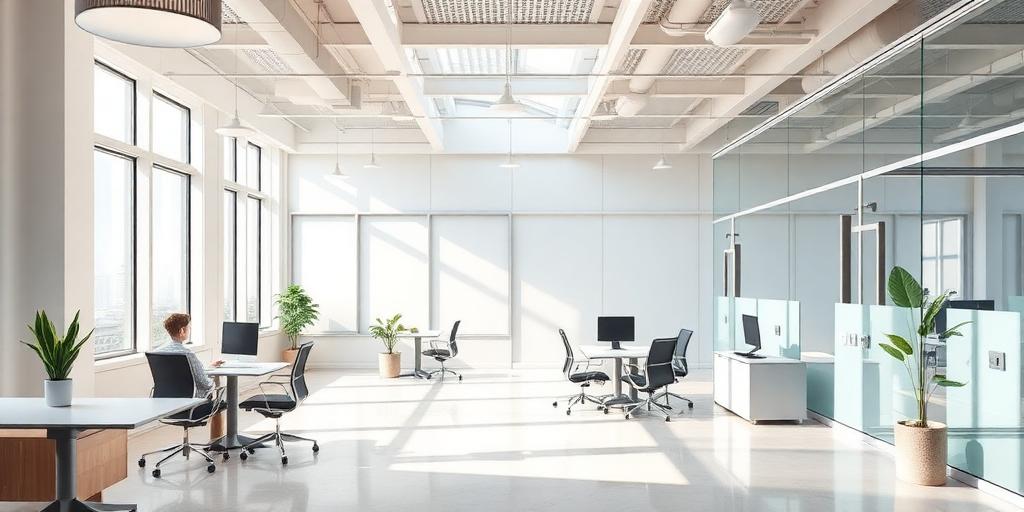The Future of Workspaces: Beyond the Office (India & Global)
The concept of the workspace is undergoing a seismic shift, propelled by technological advancements, evolving work cultures, and a growing emphasis on employee well-being. This transformation extends beyond the traditional office, encompassing a diverse range of environments and approaches. This article explores the future of workspaces, examining key trends and innovations shaping the way we work, both in India and globally.
Key Drivers of Change
Several factors are converging to redefine the workspace:
- Technological Advancements: High-speed internet, cloud computing, and collaborative platforms enable remote work and distributed teams.
- Changing Demographics: Millennials and Gen Z prioritize flexibility, work-life balance, and purpose-driven work.
- Globalization: Businesses operate across borders, requiring workspaces that facilitate seamless collaboration and communication across different time zones and cultures.
- Increased Focus on Employee Well-being: Organizations are recognizing the importance of employee health and happiness, leading to the design of workspaces that promote well-being.
- The Rise of the Gig Economy: The increasing number of freelancers and independent contractors demands flexible and adaptable workspace solutions.
Global Trends Shaping the Future of Workspaces
- Hybrid Work Models: A blend of remote and in-office work, offering employees flexibility and choice.
- Flexible Workspaces: Coworking spaces, shared offices, and on-demand workspaces provide adaptable solutions for businesses of all sizes.
- Activity-Based Working (ABW): Workspaces designed to support different types of activities, with designated areas for collaboration, focused work, and relaxation.
- Biophilic Design: Incorporating natural elements, such as plants, natural light, and green spaces, to enhance employee well-being and productivity.
- Smart Office Technology: Integrating technology to automate tasks, optimize space utilization, and enhance the employee experience.
The Indian Context: Unique Challenges and Opportunities
India’s workspace evolution is influenced by its unique socio-economic landscape:
- Rapid Urbanization: Growing cities face challenges in providing adequate and affordable office space.
- Infrastructure Development: Improving connectivity and transportation infrastructure is crucial for supporting remote work and distributed teams.
- Cultural Factors: Traditional work cultures may require adaptation to embrace flexible work models.
- Talent Pool: India’s large and diverse talent pool offers opportunities for businesses to establish global hubs and leverage remote work.
Emerging Trends in the Indian Workspace
- Tier 2 and 3 Cities: The growth of coworking spaces and distributed offices in smaller cities is expanding access to workspace solutions.
- Focus on Sustainability: Green building practices and energy-efficient designs are gaining traction.
- Integration of Technology: Indian businesses are increasingly adopting smart office technologies to improve efficiency and productivity.
- Emphasis on Employee Experience: Companies are investing in amenities and programs to attract and retain top talent.
The Future of Workspaces: A Vision
The future of workspaces is about creating environments that are:
- Flexible and Adaptable: Meeting the evolving needs of businesses and employees.
- Human-Centric: Prioritizing employee well-being and creating a sense of community.
- Technology-Enabled: Leveraging technology to enhance productivity and collaboration.
- Sustainable: Minimizing environmental impact and promoting responsible resource management.
- Inclusive: Providing equitable access to workspace solutions for all.
As we move further into the 21st century, the workspace will continue to evolve, shaped by innovation, technology, and a growing understanding of human needs. By embracing these changes, organizations can create workspaces that are not only productive but also inspiring, engaging, and supportive of a thriving workforce.
